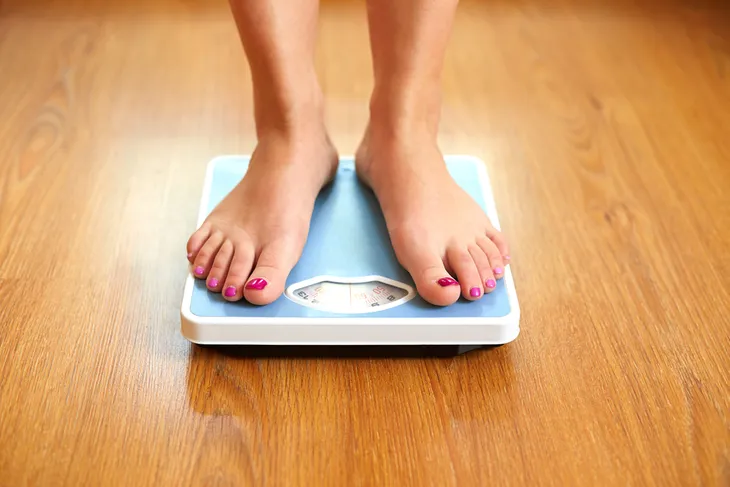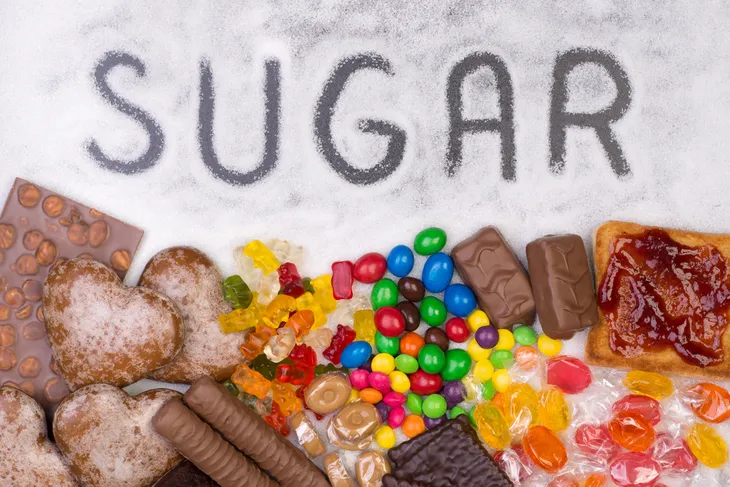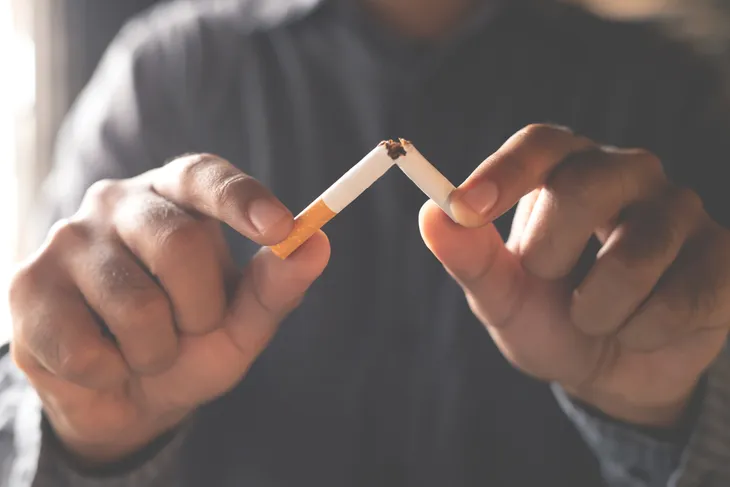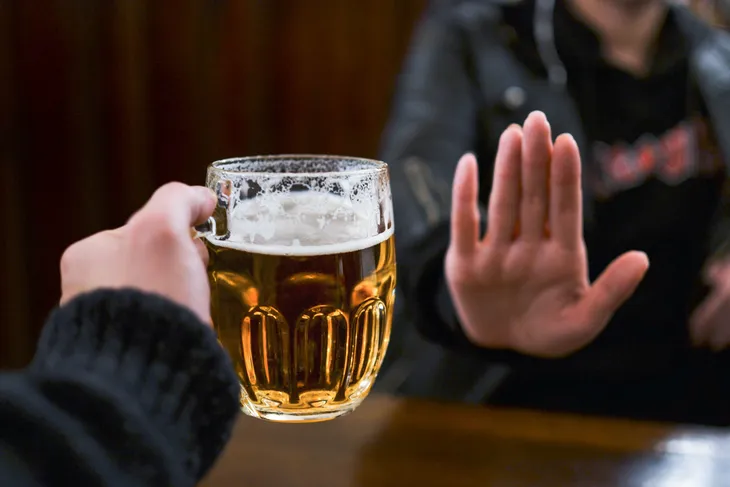- Roughly 60 million Americans experience heartburn once a month, and 15 million experience it daily.
- Heartburn is most commonly the result of regurgitated gastric acid (or gastric reflux).
- Luckily minor diet and lifestyle changes such as maintaining a healthy weight, avoiding late-night meals, avoiding problematic foods, and changing your sleep position may help prevent heartburn.
Do you suffer from the painful, irritating, ill-timed pain of heartburn? You should know you’re not alone. According to the American College of Gastroenterology, roughly 60 million Americans experience heartburn once a month, and 15 million experience it daily.
This familiar burning sensation hits right in the center of the chest, right behind the breastbone. The sensation can also be felt in the throat and neck, and in some cases, heartburn can create an awful taste in the mouth.
Heartburn is most commonly the result of regurgitated gastric acid (or gastric reflux). But luckily there are ways you can get relief and even prevent it from occurring in the first place! All it takes is a few minor diet and lifestyle changes. Here are 13 effective tips to prevent dreaded heartburn…
Maintain a Healthy Weight
Maintaining a healthy weight can benefit your overall health but it turns out your weight can play a role in heartburn too. Healthline explains, “if you have excess belly fat, the pressure in your abdomen may become so high that the lower esophageal sphincter gets pushed upward, away from the diaphragm’s support.” This is known as a hiatal hernia which is the leading cause of gastroesophageal reflux disease (GERD).
The source also says being overweight can increase your risk for acid reflux and GERD, and therefore, some studies suggest losing “at least 10% of your body weight could significantly decrease symptoms of GERD in people with the condition.”
Before embarking on a weight loss journey, it’s always important to speak with your doctor about how to lose weight safely.
Avoid Late Meals
It can be hard to avoid eating food late at night, especially if you’re used to eating snacks while watching your favorite television show. However, Healthline points out that medical professionals frequently advise individuals with acid reflux to avoid late-night meals. The source says you should avoid eating within 3-hours of bedtime.
Proper digestion requires gravity to help move food efficiently through the digestive tract, which is why eating too close to bedtime, or lying down after a meal, only pushes stomach contents upwards, exacerbating your heartburn.
Eat Small, Frequent Meals and Snacks
How much you eat is just as important as when you eat. We’ve already established that overeating can be a cause of acid reflux and pressure on the digestive system. That’s why consuming smaller, more frequent meals and well-balanced snacks throughout the day may help prevent heartburn.
Furthermore, individuals with acid reflux tend to have a weakened or dysfunctional lower esophageal sphincter (which is the muscle responsible for preventing stomach acid from entering the esophagus). When there’s too much pressure on the muscle, it can cause acid to squeeze through the opening — another reason to eat small meals.
Sleep With Your Head Elevated
If you avoid eating 3-hours prior to bedtime and still experience heartburn, sleeping with your head elevated a few inches may provide some added relief.
Lying with your head propped up on pillows so that the head is higher than the stomach will reduce pressure on your lower esophageal sphincter (or LES). In turn, this may help stop food and acid from building up in the chest and upper abdominals.
Sleep on Your Left Side
Elevating your head isn’t the only sleep position you should consider. Acid reflux sufferers may want to consider sleeping on their left side too. Healthline says, “according to one review, lying on your left side may decrease acid exposure in the esophagus by up to 71%.”
This may be credited to anatomy. The source explains, your esophagus enters the right side of the stomach, elevating the lower esophageal sphincter above the level of stomach acid. In contrast, when you lay on your right side, the stomach acid can cover the LES and in turn, increase your risk of acid reflux.
Avoid Problematic Foods
Heartburn triggers can vary from person to person but one potential culprit is the foods you eat. WebMD says, “certain food and drinks are more prone to allowing stomach acid to splash up into your esophagus.”
Some of the worst foods for acid reflux include high-fat foods, oils, raw onion, spicy foods, and sugary desserts. But that’s not all. Citrus fruits, such as lemons, limes, oranges, grapefruits, and tomatoes should also be avoided. Talk to your doctor about which foods you should be avoiding if heartburn is an ongoing issue for you.
Quit Smoking
Smoking isn’t good for your body in so many ways, but you can add “heartburn culprit” to its list of crimes. In particular, it’s the array of chemicals in cigarettes (a staggering list of over 400 different chemicals and 69 cancer-causing chemicals) that weaken the LES and cause the reflux of undigested food and stomach acids.
Quitting smoking is not easy. If you’re ready to quit, reach out to your doctor for tips and support.
Schedule Medications
If you’re prescribed medication for heartburn, your doctor has likely warned you about the importance of taking the medication in a timely manner. Forgetting to take your medication may cause severe heartburn as well as other serious complications to your health.
With this in mind, make a point of scheduling your pills. You can do this by either setting an alarm or making a habit of taking them first thing in the morning or right before bed each night.
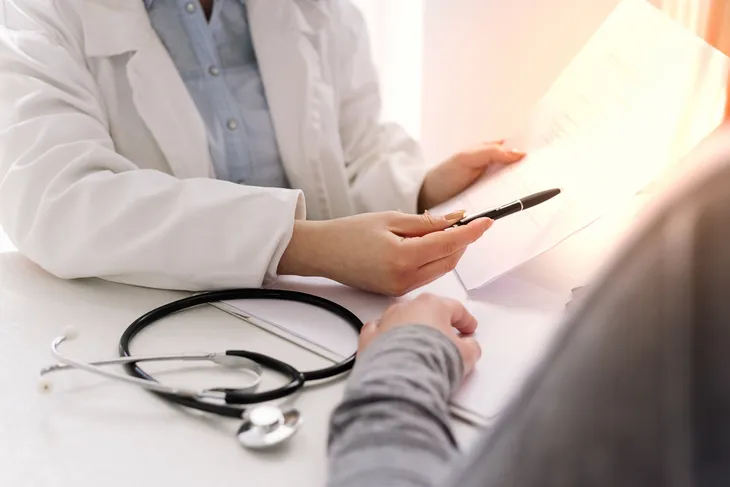 novak.elcic / Shutterstock
novak.elcic / ShutterstockLimit Alcoholic Beverages
If you suffer from heartburn, it might be best to limit your alcoholic beverages. One study claims that a higher alcohol intake may be linked to increased symptoms of (gastroesophageal reflux disease) GERD.
The reason alcohol may make symptoms worse is that it can increase stomach acid by “relaxing the lower esophageal sphincter, and impairing the ability of the esophagus to clear out acid,” explains Healthline. If you suffer from heartburn avoid alcohol, or at the very least limit your intake and be sure to drink water in between drinks.
Coffee in Moderation
Do you start every morning with a cup of coffee? Perhaps you also enjoy another mug or two throughout the day. If that’s the case and you suffer from heartburn symptoms, it might be best to start avoiding coffee or at least drinking it in moderation.
Healthline explains that some studies claim coffee temporarily relaxes the lower esophageal sphincter (which can increase your risk of acid reflux), while other studies claim caffeine may be the cause of acid reflux. The source does point out that these studies are not entirely conclusive but instead should be addressed on an individual basis. This means, if you do notice you experience symptoms of heartburn after drinking coffee, then it may be best to avoid or limit intake.
Other Beverages to Be Cautious Of
Alcohol and coffee aren’t the only beverages you should be cautious about if you suffer from heartburn. Healthline warns you should err on the side of caution with carbonated drinks too. Some studies suggest carbonated beverages (such as soft drinks and seltzers) may be linked to a higher risk of acid reflux. Another study says carbonated soft drinks can worsen the symptoms.
Another beverage you may want to avoid is citrus juice such as orange juice and grapefruit juice. These beverages are highly acidic and contain ascorbic acid which may cause indigestion if you drink a lot. Furthermore, these drinks may irritate the lining of your esophagus. Healthline also points out citrus juices may not cause acid reflux directly but they may make your symptoms worse.
Avoid Tight Clothing and Belts
If you suffer from heartburn, it might be best to avoid tight clothing and belts. Tight clothing can make the symptoms of heartburn worse. “In some cases, you might be having an episode of heartburn because tight clothing is compressing your stomach,” explains Healthline.
If you know tight clothing is a heartburn trigger for you, avoid tight clothing and belts altogether. However, if it’s not a trigger just be sure to loosen your belt or change your outfit if symptoms develop. You may find relief with less pressure on your abdomen.
Keep a Diary of Heartburn Triggers
Finally, a simple and effective way to help prevent dreaded heartburn is to keep a diary. Keeping track of what you consume on a daily basis may shed some light on what is causing your heartburn.
Be sure to record things like trigger foods, meal times, sleep patterns, and more. Keep a record of your meals and activity levels for a week and review it to pinpoint any problem food or activities. Cutting them out may provide heartburn relief.

